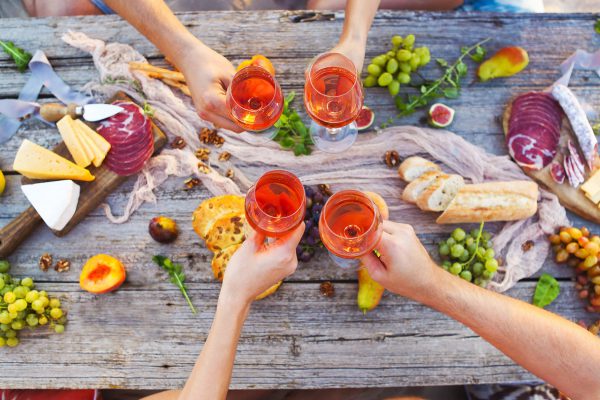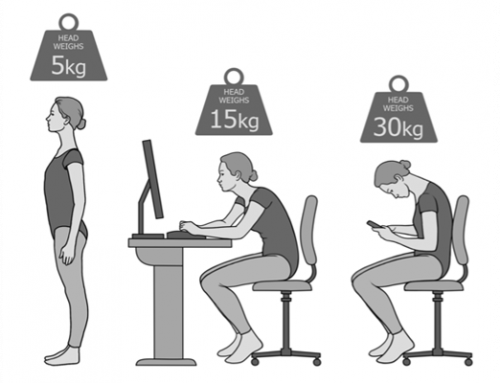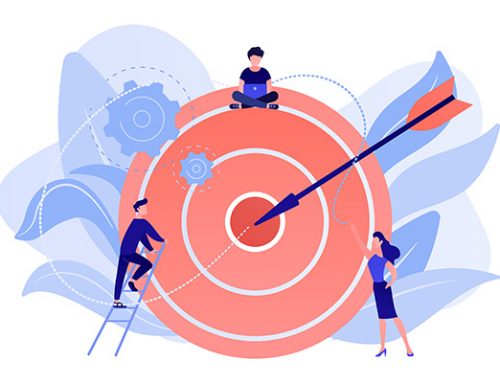We have all heard of spring cleaning our house. Instead, this Spring I want you to “spring clean” your mind in order to eat happier. Yes I said eat happier, not eat healthier, and this is an important distinction to bring us closer to a more intuitive way of eating.
What is intuitive eating? Listening to your body, removing any guilt from eating “bad” foods and choosing foods that nourish you towards your own health goals and values. There are no diets, meal plans, discipline or willpower. Intuitive eating is simply just normal eating, with a focus on behaviour rather than restriction or rules.
Below are my tips for being more intuitive with your food:
One: Listen to your hunger and full cues
When we are born, we are naturally intuitive eaters. We eat and then stop when we are full. Some days this may be a lot of food others may be much less. When we age certain rules around our food come into play such as “finish everything on your plate”, or “dessert is only a reward”. We lose the connection to our body and our hunger/full cues, focusing more on these rules and restrictions. When we override our feelings of hunger our body responds with cravings and in some cases binges. Check in with yourself before, during and after meals and ask yourself how hungry or how full you are. The key is to never be uncomfortable, famished, faint or irritable, but not overstuffed and feeling sick either.
Two: Be kind to your mind and body
A saying I often use with clients is:
“I can eat whatever I like. I choose foods that nourish me the most”
This allows all foods in your diet, outside of allergy or intolerances. The key here is that there are no “good” or “bad” foods; foods do not have a moral value. Yes, some foods have higher levels of nutrients but this does not mean that that food is “good”. If we place foods into the categories of good or bad, it would mean it is bad to have something that isn’t nutrient dense, which isn’t the case if moderation is respected..
Three: Avoid restriction
I want you to think about when you went on a diet or a cleanse and cut out a number of foods or food groups. What were the first foods on your mind? Let’s say you’ve decided to get rid of chocolate for a month because you want to lose weight. You then find yourself craving chocolate and to help ease the craving you eat some rice cakes with peanut butter. But, moments later you are still craving chocolate, so next you eat an apple, some blueberries and popcorn to get rid of the craving. But you are STILL craving chocolate and are now having a mental battle on how you have no self-control, that you are weak and your willpower leaves something to be desired. Then all of a sudden you find yourself at the bottom of a pack of mini chocolates, you feel sick and the guilt starts to sink in.
If we did not place the restriction on out eating and dispelled the belief that we were being “good” by avoiding chocolate, the binge may not have occurred and we would be happier with how we eat. Next time you are REALLY craving chocolate, have some! Enjoy it, and move on. You’ll notice you will eat less, and you will be on the path to an intuitive relationship with your food.
Four: Take care of your primary food first.
Primary foods are things like healthy relationships, a fulfilling career, a spiritual practice, or regular movement. Sometimes we are not fed by food but by our life. It may sound strange, but can you remember back to when you first fell in love, everything was exciting and exhilarating, you were high on life and had forgotten about food or at the very least it was a second thought? Food is not the only influence on our fullness and hunger. We can hunger for play, touch, intimacy, love, achievement, success, excitement, adventure and self-expression. If all of these elements are fulfilled we have a deep level of nourishment and your secondary food will be in balance too. If they are out of balance we see cravings, overeating and the feeling of never being satisfied no matter what you eat. Again, check in with yourself – what areas of your life could you be giving a little love to ensure you are taking care of your primary food?
Five: There is no perfect diet
Do not stress about meeting the “perfect” diet because one does not exist. It is simply about finding what works for you, your body and your life. Feeling healthy and eating happier does not mean eating perfectly either. See how certain foods make you feel, how much you enjoy them and how satisfying they are to you. One meal, snack or day of eating will not make you gain weight or lead to a health problem. But what you do over time is what will have the greatest impact. Coming back to listening to you body and what nourishes it most (both from what you eat and your primary foods) is key.
Intuitive eating is simply eating, without guilt or restriction. It allows you to tune into your body signals and break dieting cycles once and for all. Give the above steps a go and see how your relationship with food transforms into eating happier each and every day.
by Emma Barrett






